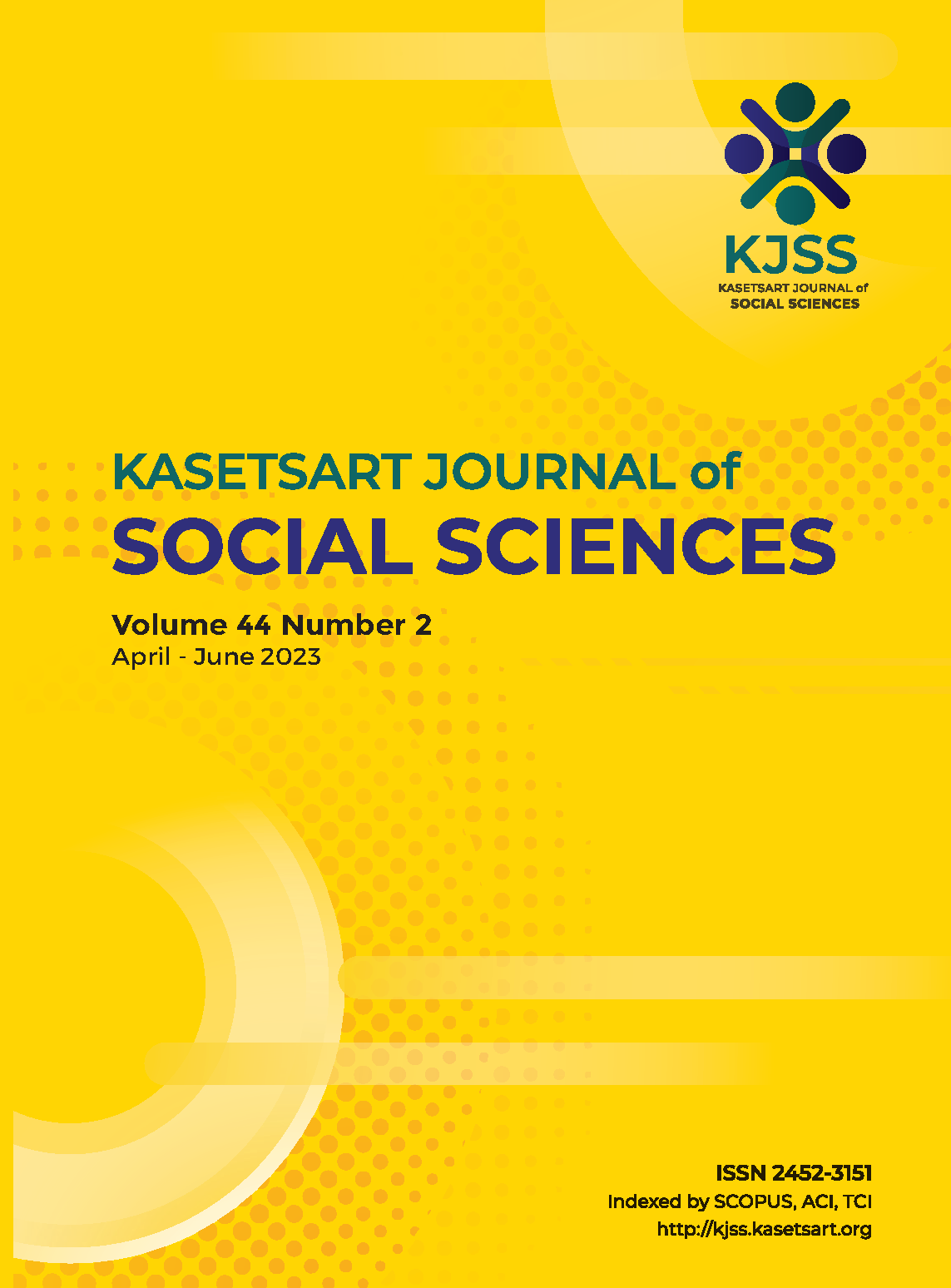Gender differential in allocative efficiency of oil palm processors in Southwest, Nigeria
Keywords:
allocative efficiency, cost efficiency, gender, processors, technical efficiencyAbstract
The study evaluates the gender differential in the allocative efficiency of oil palm processors in Nigeria. A survey was conducted using a well-structured questionnaire while a multistage sampling technique was used to select 320 (160 males and 160 females) oil palm processors. Descriptive statistics, stochastic frontier model and Ordinary Least Squares (OLS) were used for the analysis. The results showed that there is clear evidence of variations in the AE of male (63%) and female (54%) processors. Female processors were still less efficient than male counterparts in terms of technical efficiency (TE), cost efficiency (CE) and allocative efficiency (AE). The value of AE is low compared with TE and CE with the female processors, having about 9 percent less than the male processors. There is more room for female processors to increase their AE than the male counterparts if cost is minimized and input resources are appropriately combined. Education and experience are the key drivers of AE for both genders, while age and family size drive the AE of the female processors more in the area. The study concludes that males are more efficient than females, but there are more opportunities for females to increase efficiency if given access to information and training with gender-specific technologies.
Downloads
Published
How to Cite
Issue
Section
License

This work is licensed under a Creative Commons Attribution-NonCommercial-NoDerivatives 4.0 International License.
This is an open access article under the CC BY-NC-ND license http://creativecommons.org/licenses/by-nc-nd/4.0/










